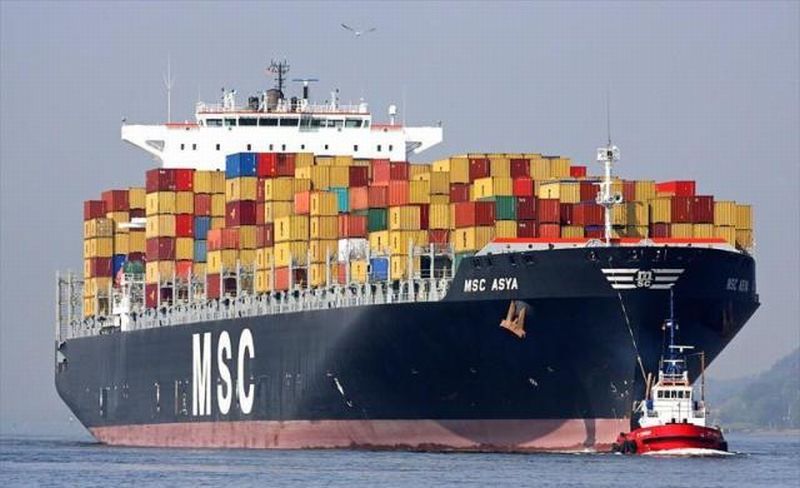Shipping to Afghanistan? How is your OFAC Compliance Program Looking?

Over the past year or so, we’ve seen the United States Department of the Treasury’s Office of Foreign Assets Control (“OFAC”) issue an increasing number of OFAC administrative subpoenas to shippers and freight forwarders related to shipments to Afghanistan. But why? Aside from those parties designated pursuant to the counter terrorism and counter narcotics sanctions programs residing in or operating from Afghanistan, there is no particular sanctions program covering the country. Well OFAC Enforcement’s interest in Afghanistan related transactions has little to do with Afghanistan, and more to do with its neighbor, Iran.
As readers of this blog may know, Afghanistan does not contain a seaport. The nearest seaport is in Karachi, Pakistan. Further, those shipping from the U.S. to Afghanistan by sea typically ship first to Dubai, U.A.E., and then from there the cargo makes its way to Afghanistan by one of two routes: either to Pakistan, or through Iran. Due to a variety of complications, the ports in Pakistan are many times closed or inoperable. As such, many shippers in Dubai with cargo destined for Afghanistan choose to transship through Iran….and that’s where OFAC comes in.
Under the Iranian Transactions and Sanctions Regulations (“ITSR”)–administered by OFAC–transshipment of goods through Iran falls under the prohibitions for exporting to Iran (31 C.F.R. § 560.204), transacting in Iranian-origin services (31 C.F.R. § 560.206), and facilitation (31 C.F.R. § 560.208). See 31 C.F.R. § 560.403. In other words, if you are shipping to Afghanistan via Dubai with knowledge that the goods will be transshipped through Iran prior to arriving at their destination, then you may have an OFAC compliance issue that needs to be resolved. OFAC is clearly aware of this; hence, why we’re seeing a lot of subpoenas being issued in relation to these types of transactions.
The good news for a lot of these subpoenaed parties, is that they were already forced out of transacting in this way, as OFAC’s designation of Tidewater Middle East Company and increasing sanctions, made shipping to or through Iran’s Bandar Abbas port nearly impossible. As such, most shippers that may have been transshipping through Iran previously ceased that activity years ago. That said, with Implementation Day happening possibly before the end of this week and sanctions relief going into effect, shippers may take reassess shipping to or through Bandar Abbas for cargo destined for Afghanistan. For U.S. persons, such transshipments will remain prohibited. Therefore, shippers and freight forwarders will need to ensure their OFAC compliance practices are sufficient to catch and prevent such transactions before they occur. This will include enhanced due diligence on transactions destined for Afghanistan, or even to just Dubai. End-user certifications may also be useful and should be updated to account for transshipment concerns. While Implementation Day may be the beginning of temporary secondary sanctions relief and the removal of large swathes of Iranian Specially Designated Nationals and Blocked Persons, it is highly unlikely that it will be the end of OFAC administrative subpoenas focusing on Iran transshipment violations. Thus, exporters and the maritime industry a like should take notice and make sure they are prepared to handle the compliance pitfalls that await.
The author of this blog is Erich Ferrari, an attorney specializing in OFAC matters. If you have any questions please contact him at 202-280-6370 or ferrari@ferrariassociatespc.com


